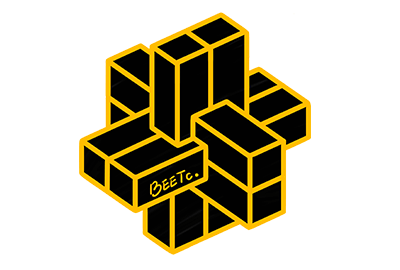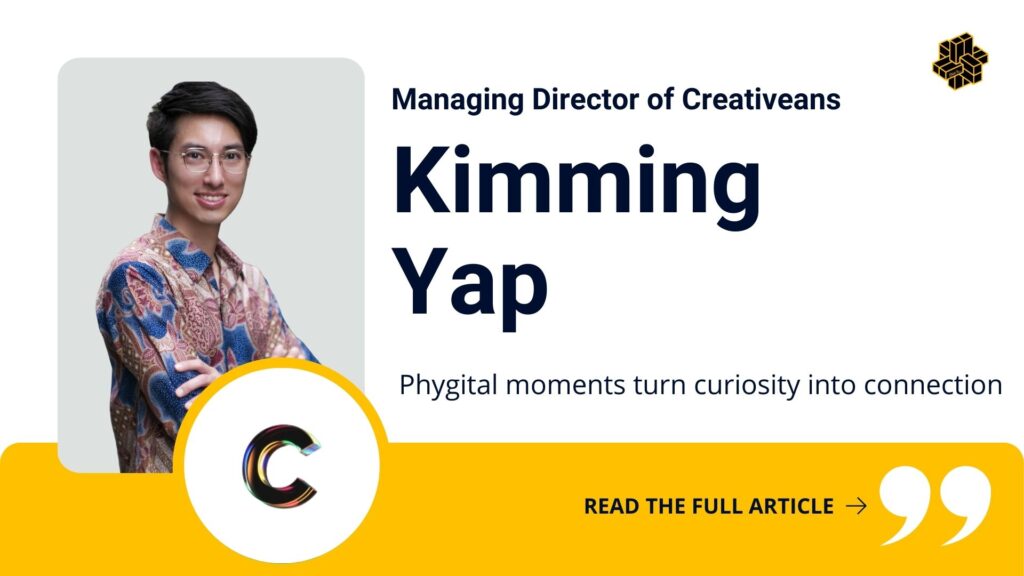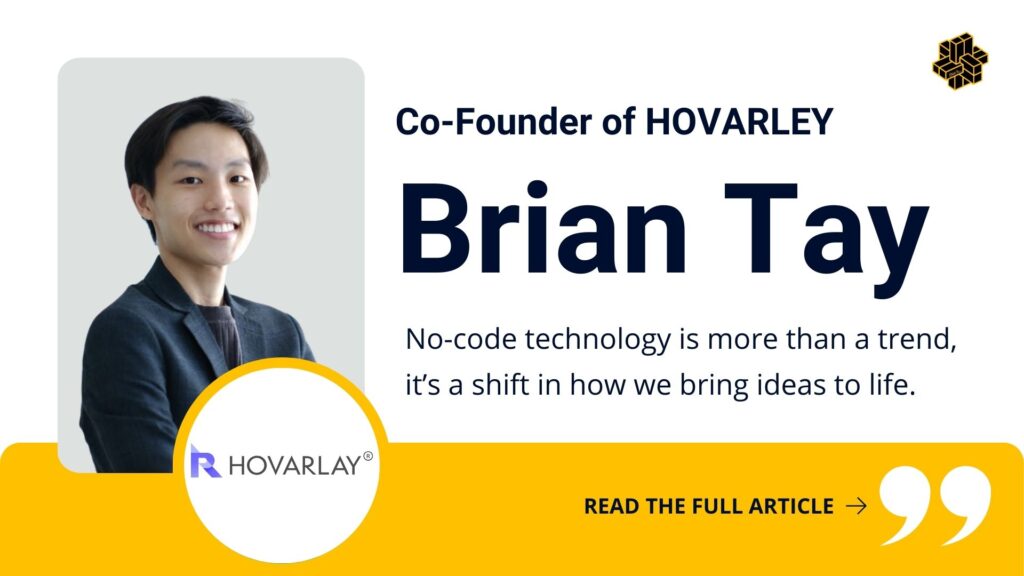How has your organisation / team dealt with the challenge of the marketing industry and wider digital world evolving at such a fast pace?
Having started out in the digital world, this was part of our DNA. Culturally, it was very important to always be learning and never be complacent. This made us challenge past assumptions, and really think critically about the future.
In designing our actions, we keep a good balance between preparing for future flexibility and improving the current time to market.
Currently, what are you primarily looking for in your digital marketing efforts? Awareness or engagement? Why?
Both are definitely important to us. We seek to constantly improve our awareness given how e-commerce is also growing, but at the same time continuously engage our customers to build meaningful long-term relationships.
What is your key takeaway piece of advice that you would give when speaking to others on how to evaluate and select a MarTech stack?
Personally, I feel that it is very important to plan for the fit with your people and culture. Different working styles and strategies would call for different approaches. A MarTech stack can empower teams, and likewise can also be a burden.
How did your MarTech journey begin? Please let us know your top 3 findings and discoveries.
My MarTech journey began right from the beginning in 2012. Being online, we needed to find a good mix of tools internally and externally which allows us to serve the customer well. Even as we progressed, it was always important to review if our current MarTech stack needs changes to fit our current and future needs.
My top 3 findings are:
- The MarTech journey needs to be an ongoing conversation within the organisation. Understand the technical complexities behind such technologies, lest it undermines the foundational blocks of the future.
- The MarTech stack needs to be a great fit for both the organisation’s goals and the culture
- The customer is a great guiding star – ask how the MarTech stack would allow us to give the customer a great experience
For you and your team, which is currently recognised as the larger challenge – MarTech integration or MarTech strategy?
Both have different types of challenges, so it could vary greatly based on the state and goals of the organisation. For my team and me, the MarTech strategy was the larger challenge as the environment is constantly changing, and the shape/form of decisioning, data, analytics evolves rapidly. I personally view the planning and considerations for integration as a very important part of the strategy as well.
Have you mainly chosen to adopt established MarTech or have you also looked into the emerging opportunities? Which?
I have looked at a mixture of both, and I think it really depends on the needs versus risk we are willing to undertake. Given that both approaches have their benefits, I find that it makes sense to favour existing tools that a proven when stability is necessary, and always keep an open mind towards emerging opportunities. Discussions with other industry professionals have also been a great source of information to make these decisions.
What do you predict as being the top MarTech trends for MarTech in 2020?
Despite omni-channel being something that has been talked about for a while, I predict that this year it’s adoption would greatly accelerate. The tools surrounding this trend have been growing rapidly, and more organisations now have better access to explore such opportunities to deliver a seamless experience to the customer. There has also been increasing pressure from the evolution of the customer, which further motivates organisations to deliver on it.













